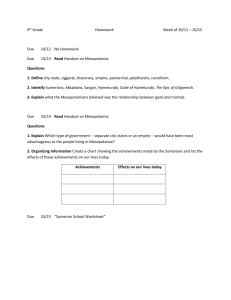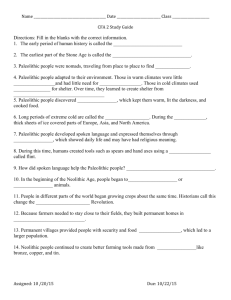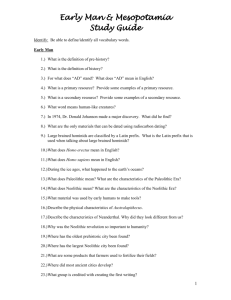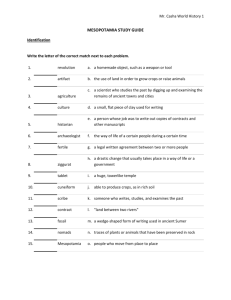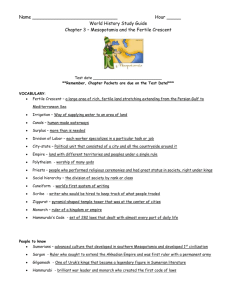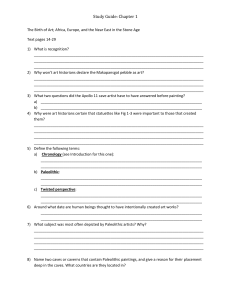Sample
advertisement
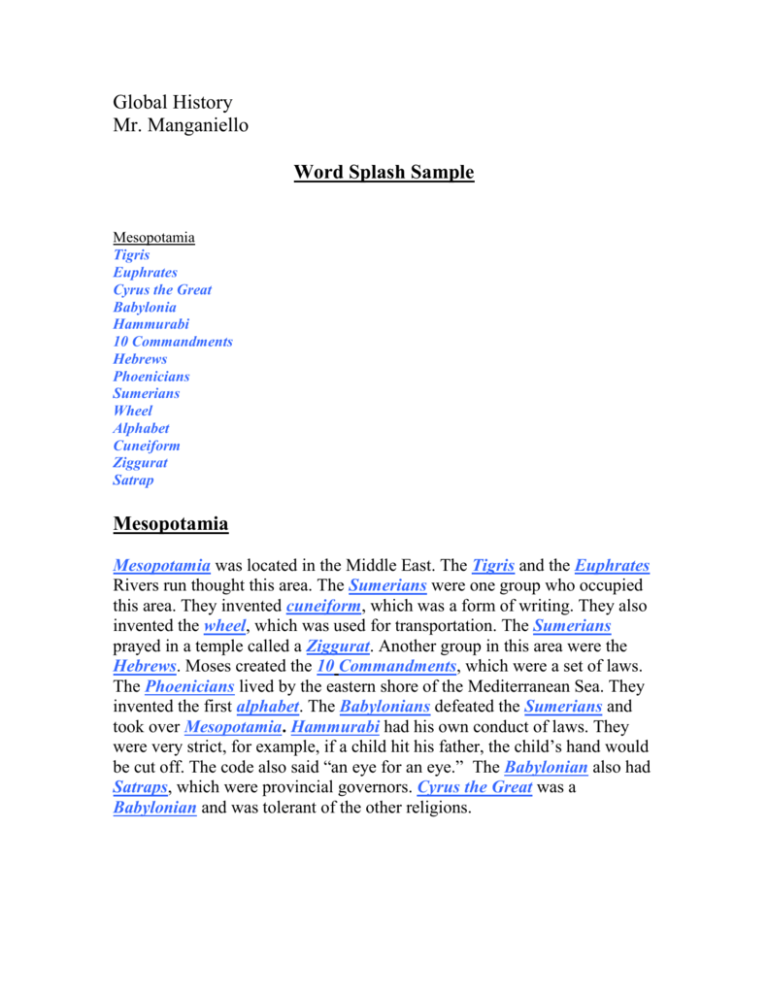
Global History Mr. Manganiello Word Splash Sample Mesopotamia Tigris Euphrates Cyrus the Great Babylonia Hammurabi 10 Commandments Hebrews Phoenicians Sumerians Wheel Alphabet Cuneiform Ziggurat Satrap Mesopotamia Mesopotamia was located in the Middle East. The Tigris and the Euphrates Rivers run thought this area. The Sumerians were one group who occupied this area. They invented cuneiform, which was a form of writing. They also invented the wheel, which was used for transportation. The Sumerians prayed in a temple called a Ziggurat. Another group in this area were the Hebrews. Moses created the 10 Commandments, which were a set of laws. The Phoenicians lived by the eastern shore of the Mediterranean Sea. They invented the first alphabet. The Babylonians defeated the Sumerians and took over Mesopotamia. Hammurabi had his own conduct of laws. They were very strict, for example, if a child hit his father, the child’s hand would be cut off. The code also said “an eye for an eye.” The Babylonian also had Satraps, which were provincial governors. Cyrus the Great was a Babylonian and was tolerant of the other religions. Early Humans: Neolithic Paleolithic Cave paintings Tools Animals Afterlife Agriculture Domesticate Surplus Job specialization Gender roles Nomad Hunting and gathering Early Humans The early humans lived during the Paleolithic and the Neolithic ages. During the Paleolithic age men hunted and women gathered. The time was known as the Stone Age. During this time, they would make cave paintings, which were used to communicate. The paintings depicted animals. They used tools that they made like, bone, wood and stone. During the Paleolithic age the nomads would travel from place to place. They believed in the afterlife and tools were buried with the dead. During the Neolithic Age, they learned about agriculture and how to domesticate animals. New farming technology allowed early humans to have a surplus. As a result of the surplus, there were specialized jobs. As the time went by, gender roles changed and there was less equality.
